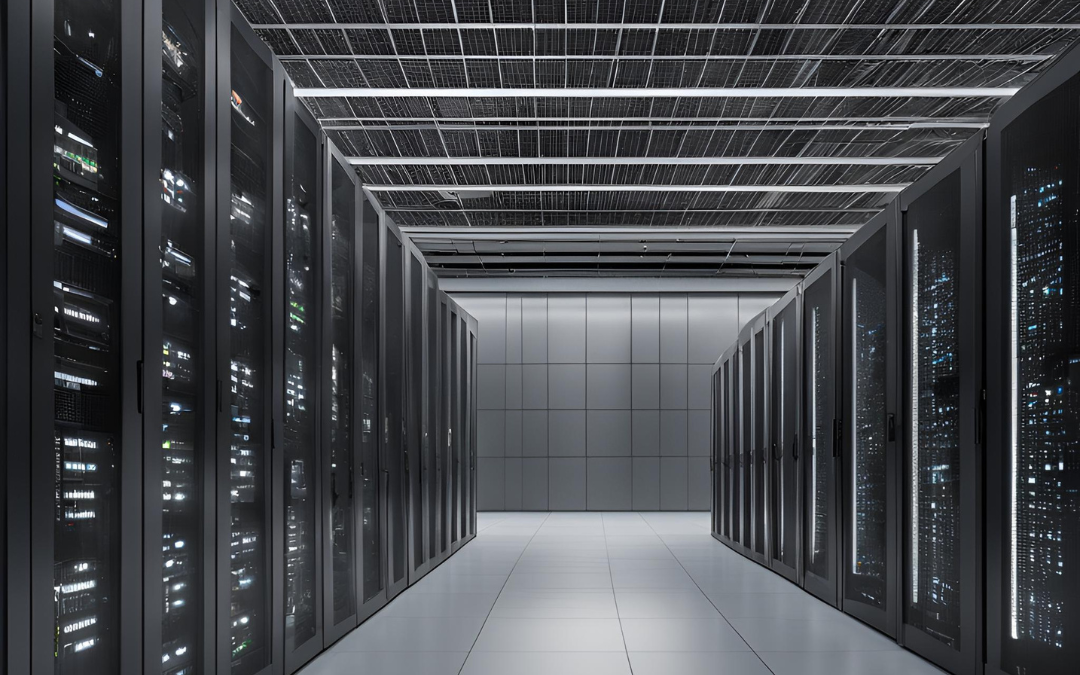Sustainability has become a core priority in the data center industry as operators seek to minimize their environmental impact. The rapid growth in digital data and cloud computing has led to a surge in energy consumption, prompting the need for greener alternatives. Data centers are among the largest consumers of energy worldwide, which has sparked innovation in renewable energy use, energy-efficient designs, and eco-friendly cooling technologies. Many leading data center providers are committing to carbon neutrality, aiming to operate using renewable energy and reduce their carbon footprint.
One of the most important changes in sustainability is the transition to renewable energy sources. Data centers are increasingly turning to solar, wind, and hydropower to reduce their reliance on fossil fuels. By integrating renewable energy into their operations, data centers can significantly reduce greenhouse gas emissions and contribute to global efforts to combat climate change. Leading providers are even exploring the possibility of creating self-sustaining energy systems that are entirely powered by renewable sources.
Energy-efficient design is also a key aspect of sustainable data centers. Innovations such as advanced cooling systems, such as liquid cooling or free-air cooling, can dramatically reduce the amount of energy required to maintain optimal temperatures in data centers. These systems use less power than traditional air conditioning, helping to cut costs and minimize the environmental impact. Additionally, data centers are adopting modular designs that enable them to scale up or down based on demand, ensuring that energy consumption is optimized without waste.
The industry is also adopting circular economy principles, focusing on reducing, reusing, and recycling materials. Data centers are now rethinking their waste management processes, focusing on reusing old hardware and repurposing components. Additionally, the lifecycle management of equipment has become more important, with efforts to reduce e-waste through proper recycling and disposal practices. These initiatives are not only environmentally responsible but also make good business sense by reducing operational costs and improving efficiency.
Finally, the drive for sustainability in data centers is influencing regulatory policies and corporate responsibility initiatives. Governments and international organizations are placing increasing pressure on data centers to meet strict environmental standards. As such, companies that prioritize sustainability are gaining a competitive edge, as clients demand more eco-conscious partners. In the coming years, the trend toward greener, more energy-efficient data centers will only accelerate, helping to ensure a sustainable future for the industry.


Recent Comments